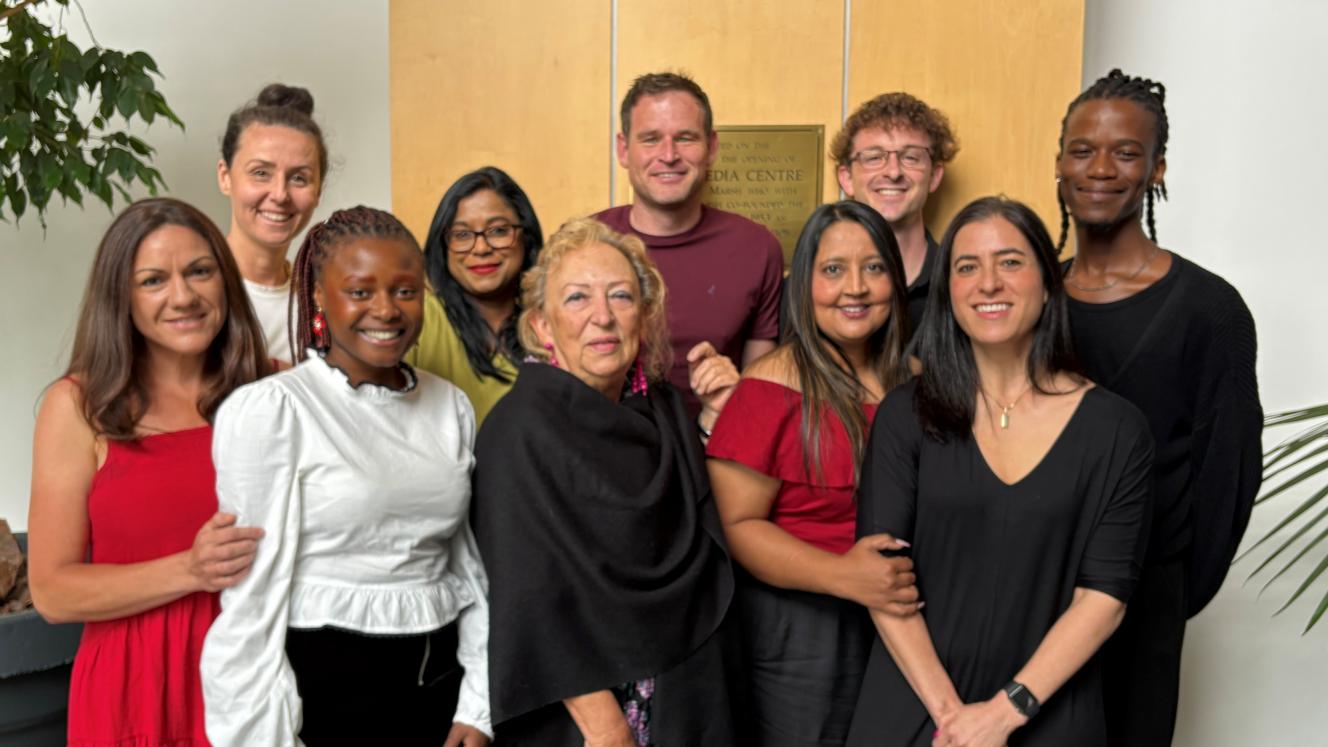Travellers have increasingly taken to social media in recent months to report unreasonably long security and immigration queues at South Africa’s major airports – in some cases resulting in missed flights and connections.
ACSA has issued multiple notices warning of congestion at OR Tambo (JNB) and Cape Town (CPT) international airports – urging travellers to arrive early, particularly during peak season.
“These delays are primarily due to increased flight frequencies and higher passenger volumes,” said ACSA Group Spokesperson Ofentse Dijoe.
Travel News has reported that CPT is emerging as a preferred gateway for outbound and inbound travel. Tourism Trends BDO data shows that arrivals through CPT during the first seven months of the year were up 21% compared to the same period in 2019.
While JNB’s arrivals over the same period remained 21% behind 2019 levels, the airport still showed growth of 9% compared with the same period in 2024, indicating steady post-pandemic recovery.
Security delays
“ACSA acknowledges that passenger congestion at security screening points, particularly during peak travel periods at OR Tambo and Cape Town international airports, may at times result in delays for travellers,” said Dijoe.
He attributed this to standard security screening practices, such as the removal of items like belts and watches, alongside increased passenger traffic.
“Security screening forms a critical component of aviation safety. These are standard international practices designed to enhance threat detection and maintain a consistent and secure screening process,” he said. “While these measures may occasionally contribute to delays, they are essential to upholding the highest standards of safety and security for all passengers.”
ACSA has allocated R1,6 billion (US$91.6 million) to upgrading its security screening equipment across all airports. This is expected to be implemented between 2026 and 2029.
ACSA says the security enhancement programme will include the installation of advanced scanning technologies and improved threat detection systems to speed up processes, improve accuracy and enhance the overall passenger experience.
Immigration delays
ACSA’s most recent notice, issued on October 10, warned of longer processing times at JNB passport control – one of several notices posted over the past year – with spikes during peak seasons such as last December.
Candice Magen, CEO of Visas Abroad, said many of the company’s clients have complained about immigration delays at South Africa’s international airports.
“The impact of delays at immigration are overwhelmed by the way flights at the airports are structured as there are often many flights departing or arriving at the same time between long periods in the day when no international flights are departing or arriving,” said Magen.
She pointed out that South Africa’s airports are also significantly smaller compared with those in other major cities around the world.
“We do need to expand airport infrastructure because we are increasing the number of flights to and from South Africa but not expanding airport infrastructure. We also need to be mindful of the fact that we are a long-haul destination and there is nothing more frustrating for travellers coming off a long flight only to stand in a long immigration queue,” she explained.
Tourism Update approached the Border Management Authority (BMA) to better understand the challenges faced by immigration and passport control at international airports and to learn about plans to improve immigration infrastructure at airports. However, we did not receive a response by the time of publishing.
“What will resolve these delays and issues at immigration is if we get more e-gates and get the e-gates to work properly as well as more competent personnel at immigration desks to process departures and arrivals faster and more efficiently,” said Magen.
In August this year, the BMA increased CPT’s border management personnel in partnership with the Western Cape government and the City of Cape Town. However, no plans to improve the number of personnel at JNB have been announced.
At the time, the BMA reported that the Cape Town airport’s immigration capacity had steadily declined since 2019, when it stood at 82 permanent and 30 temporary staff, to 66 by 2025. The initiative saw the addition of 48 new personnel to fulfil safety functions at the airport for a period of one year.
In 2023, Mark Maclean, Regional GM for Cape Town International Airport, cited immigration resources as one of the biggest hurdles the airport faces. Staff cuts resulted in average waiting times of 20 minutes – double the international standard waiting time.













